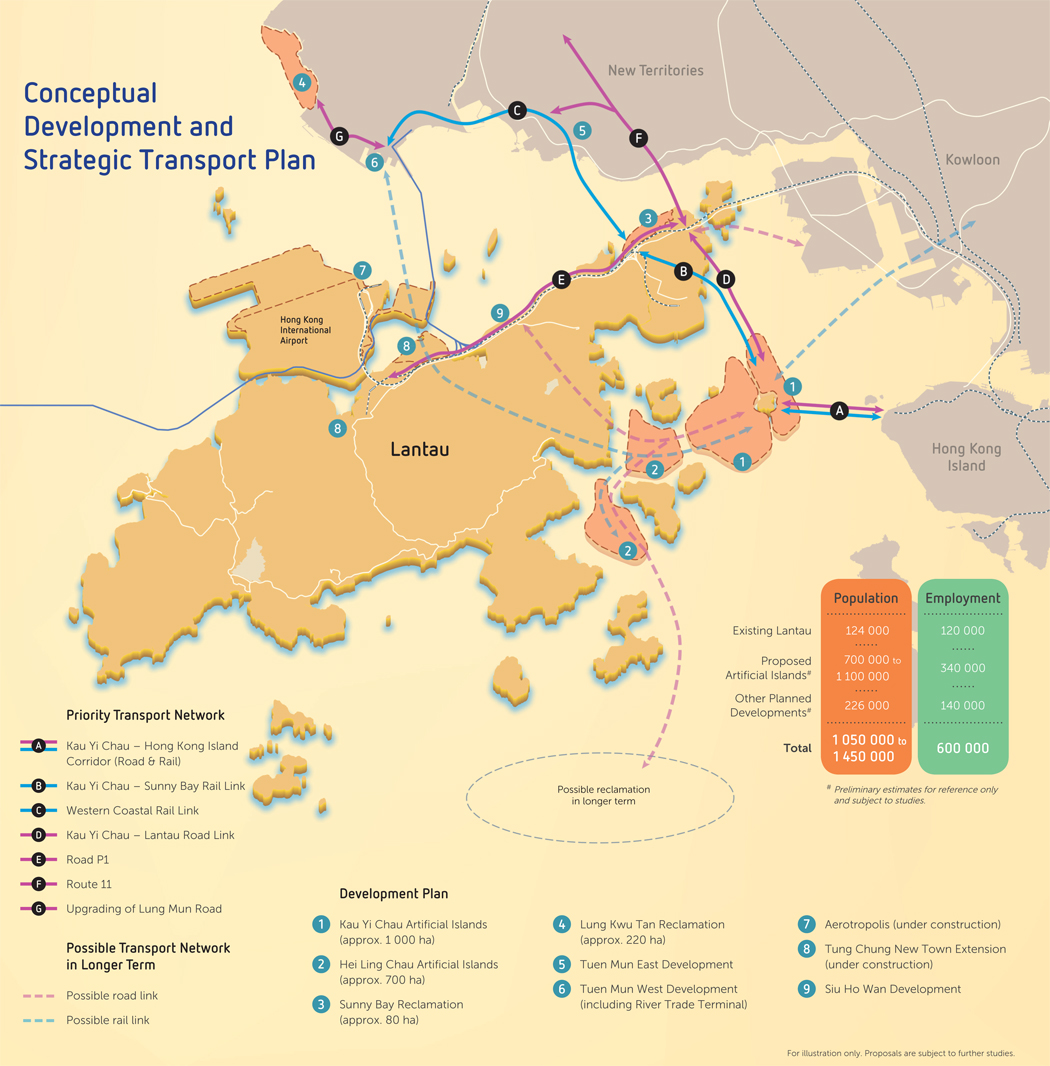If Adam Smith, the 18th-century Scottish economist and moral philosopher who is considered the father of modern capitalism, were still alive and moralising today, his favourite American think tank would no doubt be the Heritage Foundation.
And his favourite city would surely be the foundation’s hands-down perennial darling: Hong Kong.
For 25 consecutive years now, this American pillar of economic conservatism has deemed Hong Kong to be the freest economy in the world. This year the foundation—which measures economic freedom based on government spending and taxation, rule of law, regulatory efficiency and ease of trade and investment — gave Hong Kong a rating of 90.2 out of 100, unchanged from last year.

Regional rival Singapore ranked second, scoring 89.4.
Of course, these scores are great news for tycoons, financiers and corporate executives, whose mouths water and eyes light up at the prospect of a low-tax, laissez-faire business environment.
For ordinary people, however, the foundation’s index has become a bad joke: more a measure of exploitation and inequality than a fair-minded benchmark for economic freedom.
For the last quarter century, Adam Smith’s “invisible hand” of capitalism has been widening Hong Kong’s wealth gap; it further consolidated the city’s garish affluence into the hands of a relative few and pushed a fifth of Hong Kong’s 7.4 million population into poverty, with children and the elderly suffering the most.
In each of those years, the foundation has given our city a grade of “A” and placed us at the top of the global class.

Although Chief Executive Carrie Lam Cheng Yuet-ngor registered an obligatory objection to a concern expressed in this year’s report about Beijing’s increasing interference in Hong Kong’s judicial affairs, in general the annual accolade has meant self-congratulations all around among the city’s political and business elite. Meanwhile, toil and hardship continue to mount for the grassroots and middle class.
A rich city of billionaires in chauffeur-driven cars is also a poor city of cage dwellers and misshapen “cardboard grannies”. It offers a minimum wage that, even after an increase effective this May, stands at a paltry HK$37.50 per hour, a figure that will perpetuate, rather than alleviate, poverty.
A city once celebrated for the “can-do spirit” of its earlier migrants from China fleeing the chaos of the 20th century on the mainland now hosts an economically and politically stifled younger generation. According to the latest surveys, they would much rather live and work in places such as Taiwan, Australia and Canada, which they see as providing greater physical space and more personal freedom and economic opportunity.
Where are the voices of the poor and Hong Kong’s disenchanted younger generation in the Heritage Foundation report?
And where are our duopolies and property cartels named and shamed for, true to Adam-Smith-style capitalism, turning competition into collusion in this city?

For a prime example of Hong Kong’s skewed economy, we need look no farther than our neighbourhood supermarkets, where the long-standing de facto Wellcome-Parknshop alliance, recently dented but hardly broken by the discount chains 759 Store and Best Mart 360°, has for years provided Hongkongers with inferior goods and shoddy service at high prices.
That’s the kind of economic freedom being touted by the foundation—the freedom to maximise profits at the expense of the lowly consumer.
But the most grotesque example of economic collusion occurs in Hong Kong’s astronomically overpriced property market, the most expensive on the planet—and in this outrage the Hong Kong government is damnably complicit.
Here’s how the scam works: The government hordes land, which creates a false scarcity and drives up prices, before announcing well-timed sell dates that guarantee fat profits for Sun Hung Kai, Henderson Land, Great Eagle, Wheelock, Cheung Kong, et al. once they build and sell their flats in a city where demand always far exceeds supply.
Hello, Adam Smith, The Dark Side.

Add to this property misery the unfortunate continuing existence of the powerful Heung Yee Kuk—the statutory advisory committee devoted to protecting the land rights of indigenous male villagers in the New Territories that is an entirely pernicious legacy of the city’s colonial history.
The Kuk’s rural henchmen have made it their lifelong mission to stand in the way of largely solving this city’s housing crisis in one fell swoop.
After all, the New Territories accounts for 86.2 per cent (952 square kilometres) of the Hong Kong Special Administrative Region. Abolishing the overtly sexist, anachronistic small-house policy of 1972, which grants land rights to every so-called indigenous male villager 18 years or older to build a three-storey house, would free up a tremendous amount of land for the much-needed further rational development of Hong Kong.
Do away with the small-house policy and there would be no need or excuse for the government’s massive HK$500 billion (US$63.7 billion) East Lantau Metropolis reclamation scheme to house 1.l million people on artificial islands near Lantau at what appears to be a huge environmental cost.

But, of course, noxious as it is, the small-house policy is not going away any time soon because Hong Kong is still a place where powerful special interests, not a fair and free economy, reign.
And that’s what the Heritage Foundation has been celebrating for the past 25 years.
In another recently released annual report, ECA International’s liveability study of some 480 locations around the world, Hong Kong dropped 12 places and now ranks 41st, its lowest position in a decade.
Concerns about pollution, health scares and the government’s patchy response to the chaos wrought by Typhoon Mangkhut were cited as reasons for the marked decline. And note this: the ECA study did not even take into account the dauntingly high cost of living in Hong Kong.
Singapore, of course, ranked No. 1 in the study.
Not much to celebrate.
